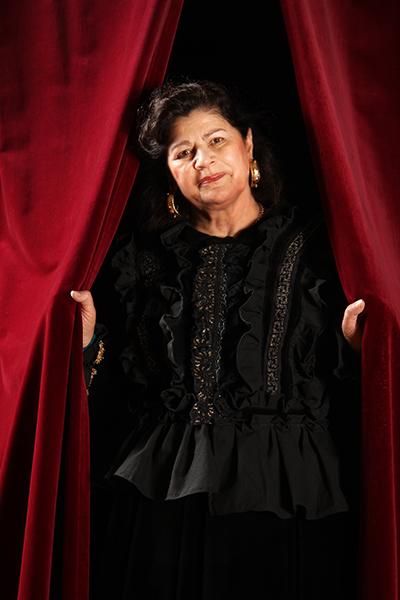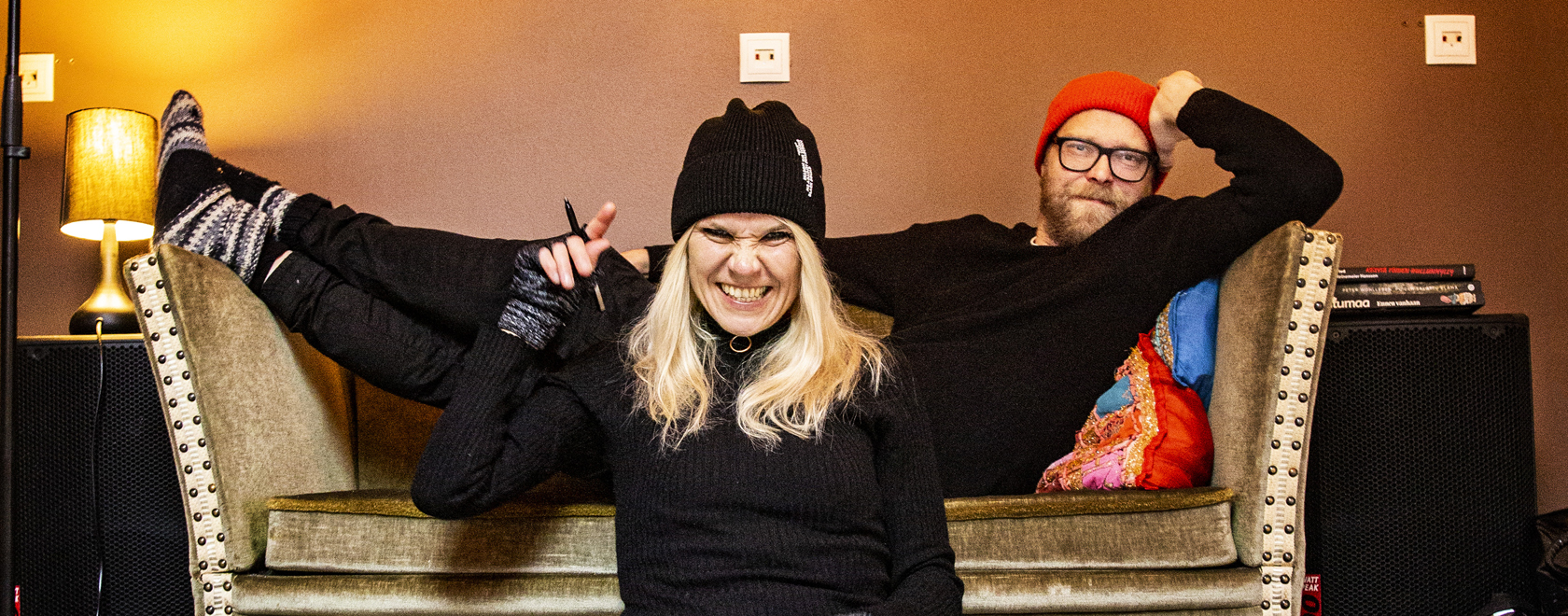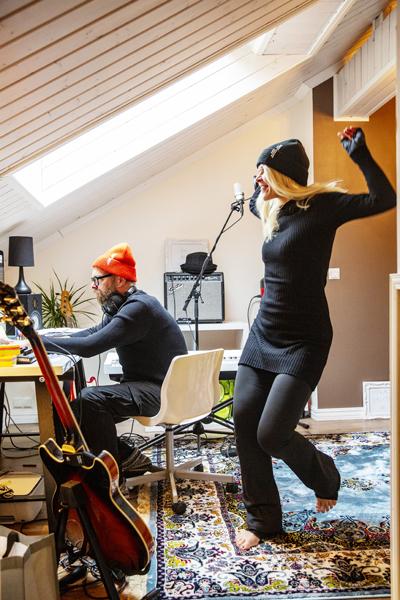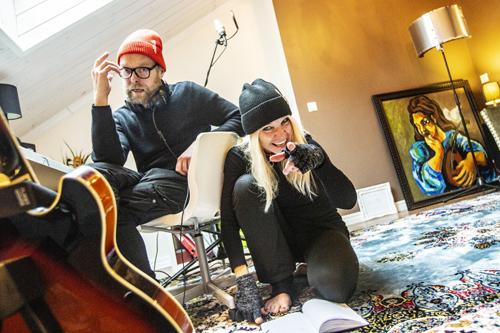Strong culture, a strong identity

Text: Minnamaria Koskela
Photography: Katrin Havia
Romany children are overrepresented among Finland’s social service customers, and young Romanies are more likely to end up in prison than their peers from the majority population. According to singer-musician Hilja Grönfors, who has volunteered in prisons, among other organisations, many Romany youths of today have lost their identities, while drug problems have increased exponentially and gang culture is eating away at the traditional upbringing of the people, where the central tenet is respect for others – particularly elders.
With a multidisciplinary team of professionals, Grönfors plans to carry out a tour of child welfare reception centres, hospitals and prisons with music and films that are about Romany culture. The project also involves film director Katariina Lillqvist, the film production company Camera Cagliostro, and the Museum of Roma Culture.
– We are really pleased and thankful for the grant. It will allow us to fulfil this important project. The ill-being of alienated Romany children and adolescents is a ticking time bomb that must quickly be addressed.
In the project, children and adolescents of Roma descent are shown performances compiling old Romany songs and relevant documentary films, which teach them about their culture. According to Grönfors, the children and young people who are most likely to become marginalised are those who don’t know whether they belong in the Romany culture or the majority population.
– Culture, such as music, forms the basis of one’s identity. Music and film are tools that we use to reinforce the cultural roots of Romany children and adolescents.
The tour will also include music workshops, in which the young people can participate. Music has traditionally played a central role in Romany culture. Songs have always been used to provide guidance to children. Besides educational songs, there are market songs and love songs – although Romany music never discusses love explicitly but through metaphors, such as symbolic flowers.
The social status of Romanies in Finland improved somewhat in the 1980s. Giving up their itinerant lifestyles and moving into family-specific apartments brought an increase in living standards, but also meant a loss of community spirit and the song tradition.
– My aim is to revive this nearly lost tradition by collecting and recording Romany songs, as well as writing new songs and lyrics. Even now, I am working on four new songs.
Hilja Grönfors has truly earned the title of Grand Old Lady of Romany music. In 2005, Kaustinen Folk Music Festival awarded her the title of Master Folk Singer, and in 2014 she received the Finnish National Prize for her efforts to maintain Romany cultural heritage.
– The songs describe the life of the Roma and they all share an element of hope. Tenacity and hope have always played an important role in our culture – otherwise we would have been eradicated by now, due to the vicious treatment we have received through the ages, Grönfors concludes.
Musician Hilja Grönfors and her team received an Art for Everyone grant of EUR 71,000 in 2022 for arranging a tour of prisons, child welfare reception centres and hospitals with music and films about Romany culture.



